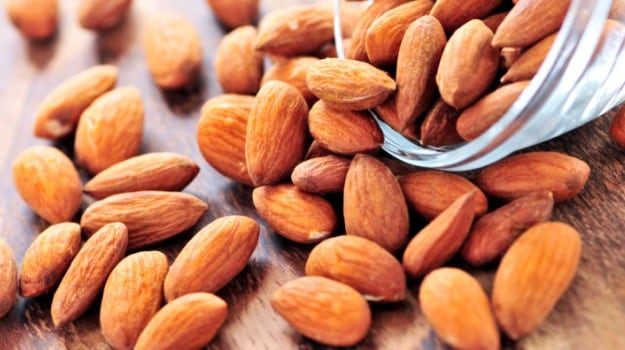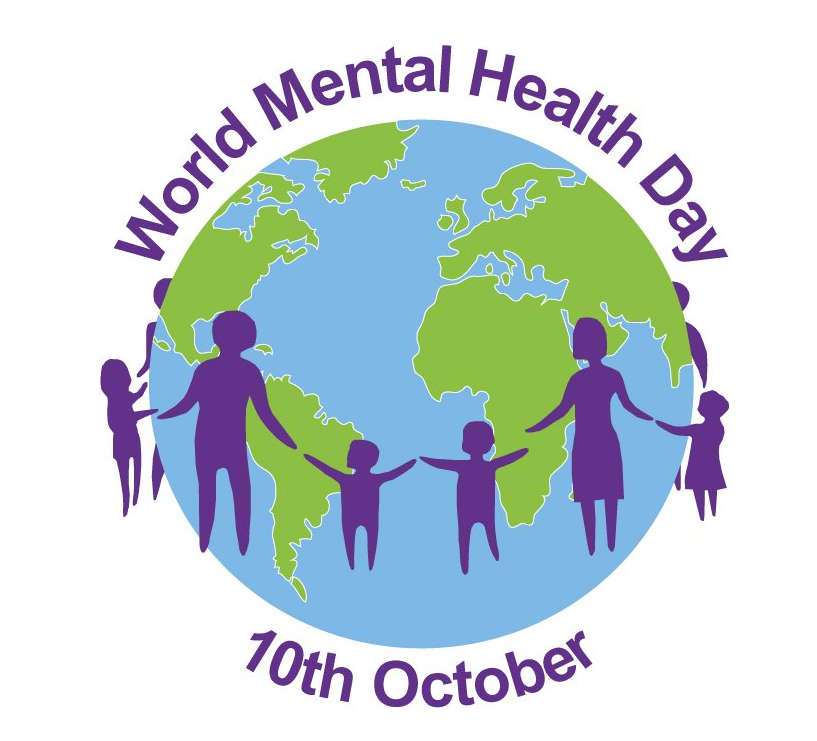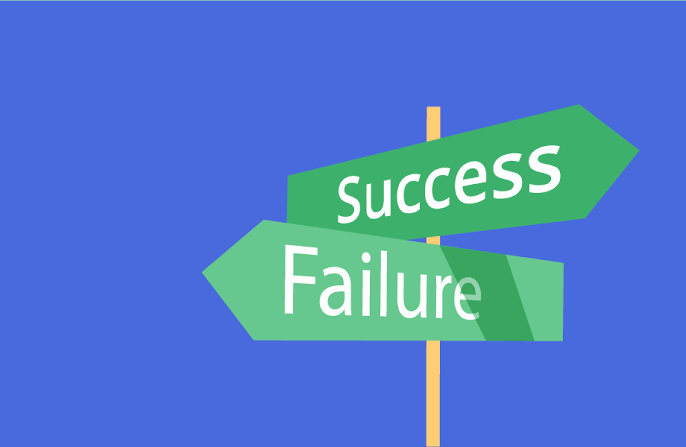By: Sarika Rana
Mental Health conditions like depression, anxiety, mood swings, and stress have become common issues today, given the fast paced and stressful lives we lead. These mental disorders not only have an impact on our ability to work productively, but also ruin our social and personal lives. According to the World Health organization (WHO), globally more than 300 million people are suffering from depression; more than 260 million are living with anxiety disorders and most live with both these conditions. WHO commemorates World Mental Health on 10th October every year with an objective of raising awareness around mental health and mobilising efforts in support of better mental health.
Food plays a vital role in keeping your body healthy; from developing cognitive ability to boosting immunity, strengthening your gut health and maintaining overall health. In fact, diet actually acts as a therapy to most dealing with mental disorders. Different foods have distinct ways to react to your mental health. The old saying “you are what you eat” may have some truth to it, after all. Most of us have, in one way or another, experienced how food can make us feel good or bad after eating it. Maybe you’ve felt uncomfortable and tired after a big meal or felt energized and invigorated after a healthy fruit smoothie. Food affects both our physical and mental health. Good nutrition is an important component of an improved mood and an increased sense of wellbeing, but it is not a substitute for medical care.

Globally more than 300 million people are suffering from depression
According to Dr. Madhumita Ghosh, Consultant Psychologist, Hiranandani hospital Vashi, “Food and the chemicals in our brains interact to keep us going through the day. It is important to eat a variety of healthy foods, as they may have different effects on our brain.”
Here’s how different foods can have therapeutic effect on us and may help with common mental disorders, as suggested by Dr. Ghosh.
1. Carbohydrates
Carbohydrates increase Serotonin, a brain chemical that has a calming effect, which is why people often crave carbohydrate-rich foods when they are under lot of stress. Potatoes, sugary drinks, breads, jams, et al may help in inducing serotonin.
2. Protein rich foods
Protein-rich foods may increase Dopamine, Tyrosine and Norepinephrine that increase alertness. Protein rich foods include chicken, eggs, almonds, cottage cheese and oats among others.

3. Healthy fats
Certain healthy fats, which include Omega-3 fatty acids become part of the membranes of brain cells and control various brain processes. Some of the foods that are known sources of healthy fats include fish, soybeans and walnuts. These are known for helping the brain function properly.
4. Mood buster sugars
If you are seeing yourself experiencing too many stressful situations making you sad and lonely, eating chocolates could help elevate your mood. Chocolates generally stimulate the production of endorphins, chemicals in the brain that are harbingers of pleasure and happiness.

Chocolates generally stimulate the production of endorphins
Eating colourful foods plays a major role in boosting one’s mood significantly. Add colours to your salad or fruit bowl- greens, reds and yellows and it will instantly up your mood. Phytochemicals and antioxidants present in these foods protect your brain from free radicals and help fight against mental disorders and further helps brighten your day.
Pick yourself up, make some dietary changes and see the positive changes that you would want to see in yourself.
This World Mental Health Day, tweak your eating habits and follow a plan that is good for your overall well-being – mental health included. Live healthy and happy!
Disclaimer: Information and statements made are for education purposes and are not intended to replace the advice of your treating doctor.
The views and nutritional advice expressed are not intended to be a substitute for conventional medical service. If you have a severe medical condition or health concern, see your physician.





